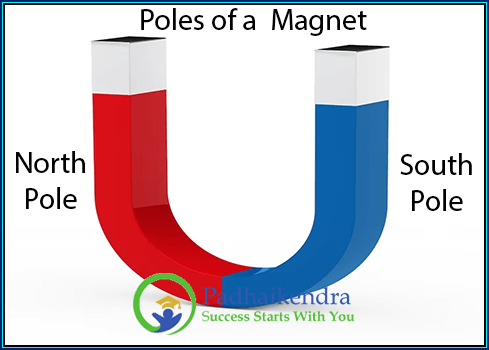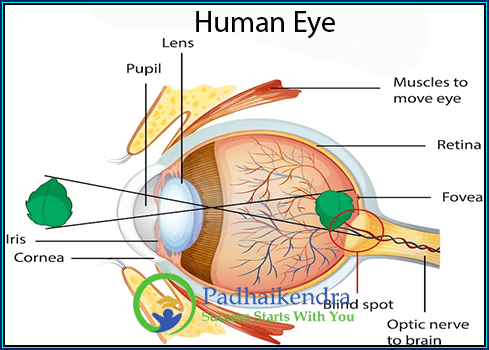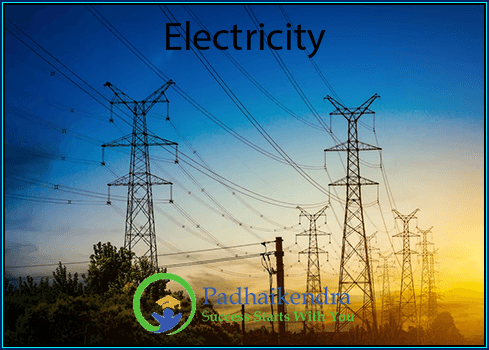Power plays a crucial role in understanding how energy works. Power helps us measure how quickly or efficiently energy is used or transferred. It’s like the “oomph” behind any energy-related process. In this article, we’ll discover what power is, how it’s measured, and its importance in different situations. Get ready to uncover the force that drives our universe!
Power:
Power is a way to measure how fast work is done or energy is transferred. It tells us how quickly energy can make things happen. Imagine it as the “punch” that gets things moving. Power is all about the rate at which things change or work gets done.
Mathematical Formulation: In physics, power is represented by a formula:
Power (P) = Work (W) / Time (t)
We measure power in watts (W), which is one joule of work done in one second. It’s like saying how much energy is used or transferred every second. Sometimes, you might hear kilowatts (kW) or horsepower (hp) when talking about power too.
Power in Everyday Situations:
 Mechanical Power: Think of lifting a heavy object. The power you exert is the work you do in lifting it divided by the time it takes you. It’s like measuring how much energy you use to lift something and how quickly you do it.
Mechanical Power: Think of lifting a heavy object. The power you exert is the work you do in lifting it divided by the time it takes you. It’s like measuring how much energy you use to lift something and how quickly you do it.
Electrical Power: Electricity also has power. When you use electrical devices, power tells you how much energy is used per second. It’s like how quickly electricity is doing work. Electrical power depends on voltage (V) and current (I) in a circuit.
Thermal Power: Power also relates to heat energy. In thermodynamics, it tells us how fast heat is transferred or how quickly work is done using heat engines.
Optics and Light Power: Light has its own power too. In optics, power measures how fast light energy is radiated or emitted. It’s like how quickly light is produced or used by things like lasers.
Why Power is Important:
Understanding power is really important for a few reasons:
Efficiency: Power helps us figure out how efficiently energy is used or transformed. By measuring power, we can see if energy is being used well or if there are ways to make it more efficient.
Technology and Engineering: Power is key to designing and optimizing systems in fields like engineering and renewable energy. Whether it’s creating better engines or improving solar panels, power analysis helps us make things work better.
Energy Management: Power measurements help us manage energy resources effectively. By knowing how much power is used, we can find ways to save energy, distribute it better, and promote sustainable practices.
Performance Evaluation: Power helps us evaluate how well devices and systems perform. We can measure the power output of an engine or see how much power an electronic device uses. This helps us understand their performance.
Power is like the “force” that drives energy-related processes. It helps us understand how quickly energy is used or transferred. From lifting objects to using electricity and even harnessing light, power plays a vital role. By understanding power, we can make things more efficient, design better systems, manage energy wisely, and evaluate performance.





